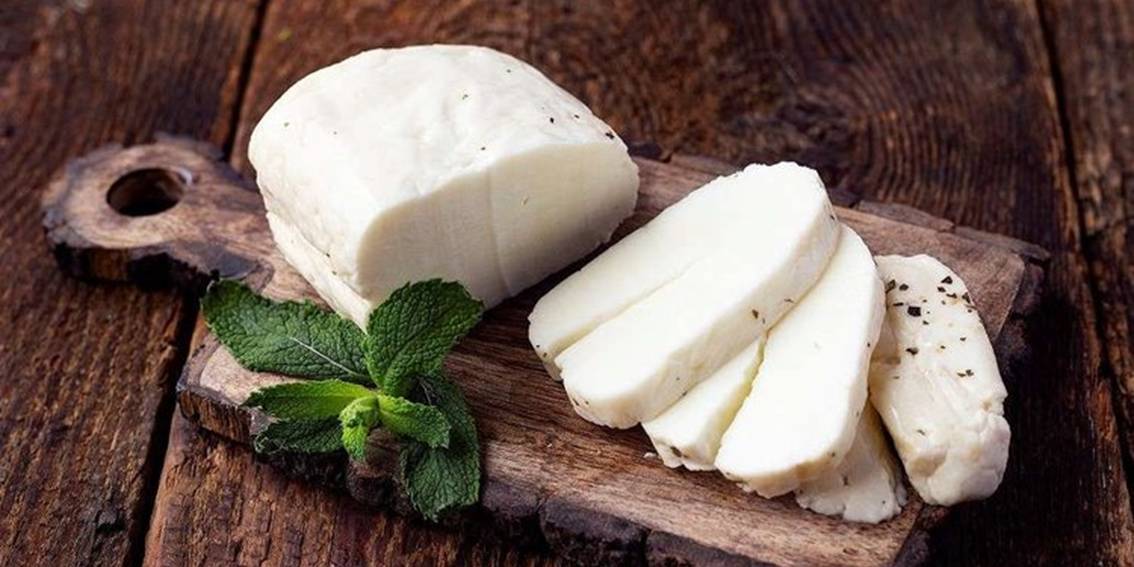Violations to Carry Stricter Penalties
Cyprus Halloumi Cheese: The Minister of Agriculture announced stricter penalties for violations of halloumi production specifications. Halloumi, a traditional Cypriot cheese, holds cultural and economic importance. The government aims to protect its quality and reputation. The minister emphasized the need for accountability among producers. They must follow strict guidelines set by local and EU regulations.
Halloumi’s Importance to Cyprus
Halloumi is one of Cyprus’s most recognized exports. Made from sheep, goat, and sometimes cow’s milk, it has been part of Cypriot cuisine for centuries. Its high melting point makes it ideal for grilling or frying. In 2021, the EU granted halloumi Protected Designation of Origin (PDO) status. This means only cheese produced in Cyprus using traditional methods can be labelled as “halloumi” in the EU.
The PDO status protects Cypriot producers from international imitations. It also sets strict rules on milk types, production methods, and geographical location.
Government’s Response to Challenges
Despite PDO status, halloumi faces challenges. Some producers use more cow’s milk or alter traditional methods to cut costs. Some products labeled as halloumi violate regulations, raising concerns about authenticity.
The Minister of Agriculture stressed the importance of preserving halloumi’s integrity. She stated, “Halloumi is not just a product; it’s a symbol of our cultural heritage. Any compromise on its quality harms the entire nation.”

The government will enforce stricter penalties for violations. Fines will increase, and repeat offenders could face production or distribution bans. The goal is to protect halloumi’s reputation in global markets.
Strengthening Enforcement Mechanisms
The Ministry of Agriculture plans to bolster enforcement. A new inspection framework will increase random checks at production facilities and points of sale. Inspections will cover the entire supply chain, from milk production to packaging.

Enhanced laboratory testing will analyse
Halloumi’s composition. Tests will ensure the milk ratios align with PDO requirements. Producers who manipulate milk content or use non-traditional ingredients will face immediate penalties.
Supporting Compliant Producers
While penalties increase, the government will support compliant producers. Subsidies and grants will help cover compliance costs. These funds will assist smaller producers in accessing necessary equipment and resources.
Educational programs and training workshops will be provided. These will help producers understand PDO requirements and their economic benefits. The Minister stated, “We want to give every producer the tools they need to succeed. The global market is waiting for quality Cypriot halloumi.”
Global Market Implications
Halloumi’s international demand is growing, especially in the UK, Germany, and the Middle East. Maintaining this growth depends on product quality. If the market loses confidence in halloumi’s authenticity, it could harm Cyprus’s economy.
The government aims to strengthen halloumi’s position in global markets. Efforts include securing new trade deals with non-EU countries that recognize PDO status. The Minister said, “We need to ensure that no one profits from selling halloumi that is not Cypriot, not authentic, and not produced according to PDO standards.”
The Future of Halloumi
The government’s tougher stance marks a turning point. Stricter penalties and enhanced enforcement aim to protect halloumi’s quality and authenticity. The Minister’s approach balances penalizing violators and supporting compliant producers.
As halloumi’s popularity grows, so does the responsibility to protect its reputation. The Minister’s commitment ensures halloumi remains a symbol of Cypriot heritage and a premium global product. Producers, consumers, and the nation will benefit from these measures. Halloumi will continue to be a source of pride for Cyprus for generations to come.




